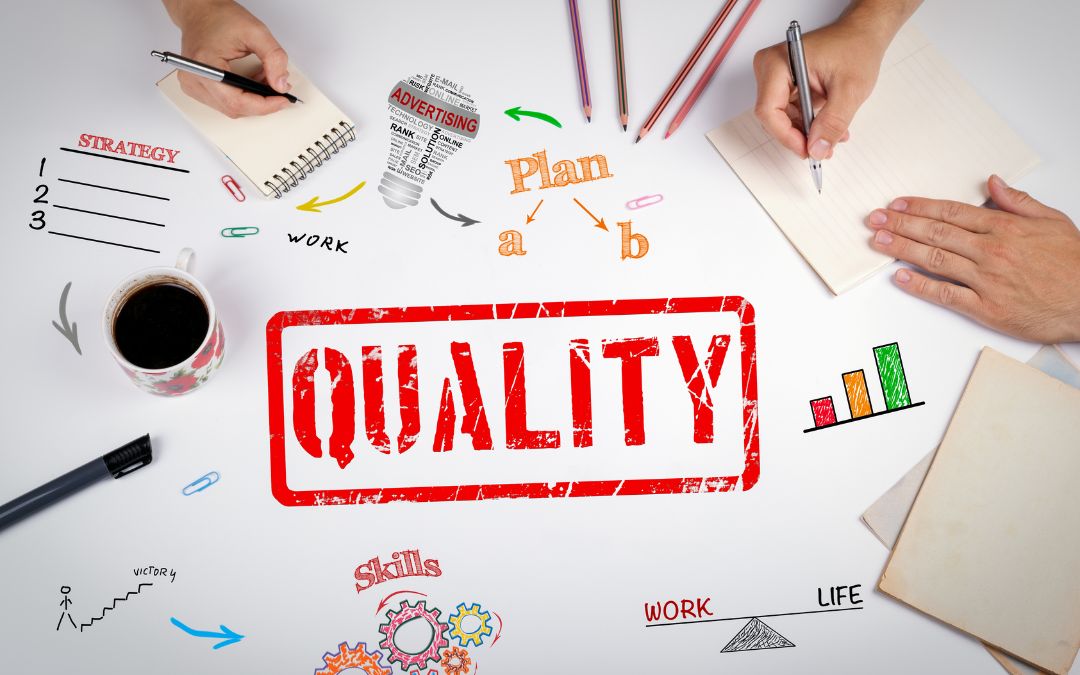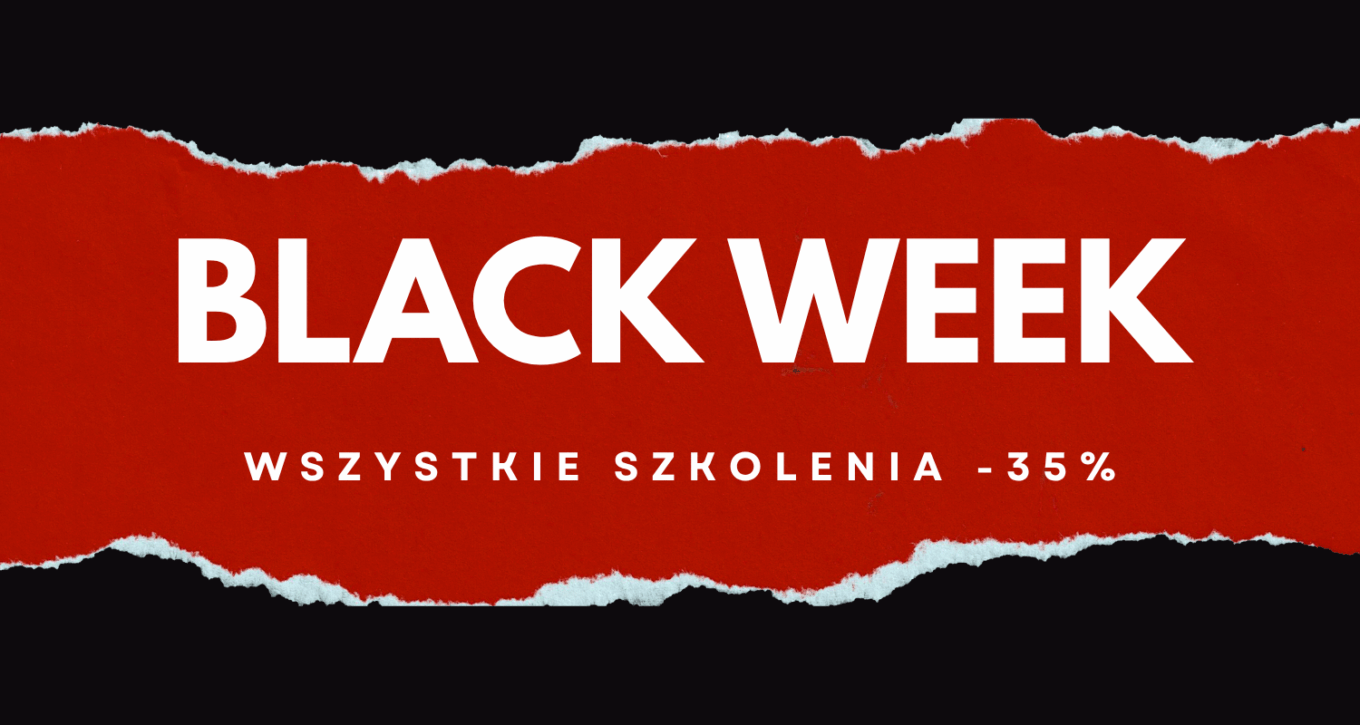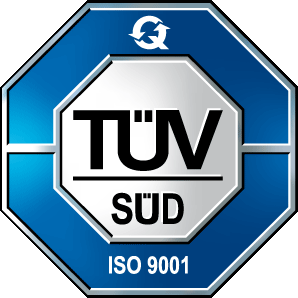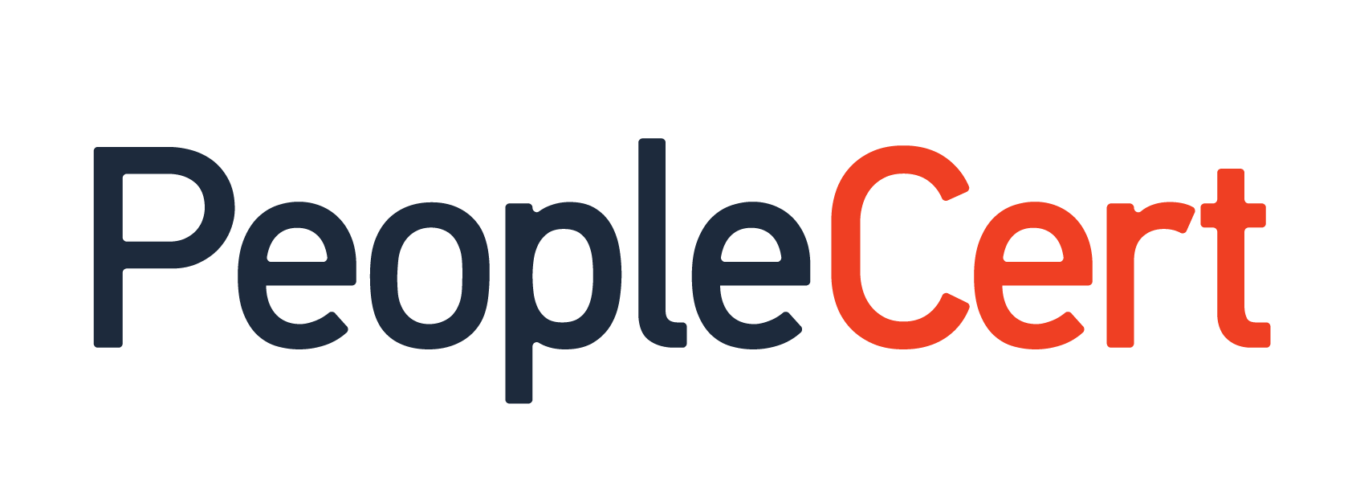Any project, regardless of its scale, requires efficient quality management. The recently finished Paris 2024 Olympic Games are an example of a project where inadequate quality control resulted in problems that significantly affected the public's perception of the event. The display of the wrong country's flag, a mistake during the playing of the anthem, or the conditions of the participants' accommodations are examples of organizers' mistakes that could have been avoided if quality aspects had been better supervised.
Zarządzanie jakością w projektach to klucz do uniknięcia takich sytuacji i zapewnienia, że rezultaty pracy spełnią oczekiwania wszystkich interesariuszy. W tym artykule przyjrzymy się 5 obszarom dotyczącym zarządzania jakością w projektach, które pomogą w zapewnieniu najwyższych standardów realizacji.
How to effectively manage quality in a project?
1. Establish clear quality criteria
The concept of quality can sometimes be very subjective. During project implementation, there is no space for one's own interpretation - the entire project team, the sponsor and the client should have one, consistent definition of quality for the resulting product, defined at the project planning stage.
For this reason, quality management should begin by establishing clear criteria that should be met during project execution. This includes both compliance with industry standards and meeting customer expectations. Clearly defined quality standards will help project team members act coherently.
2. Implementation of a quality control system
Once we have the criteria defined, it's time to plan a quality control system. Regular monitoring of progress and its compliance with the established parameters is an element that must be revisited throughout the project implementation.
Skuteczny system kontroli jakości pozwoli na ciągłą identyfikację i korektę wszelkich odstępstw An effective quality control system allows us to identify any defects and quickly apply corrective actions. Internal audits, reviews and quality tests are tools that can help keep the project at a high standard.żenie działań naprawczych. An effective quality control system allows us to identify any defects and quickly apply corrective actions. Internal audits, reviews and quality tests are tools that can help keep the project at a high standard.
3. Stakeholder engagement
Without proper stakeholder engagement, there is no effective project quality management. Regular and transparent communication with the client, sponsor, team, and other project stakeholders helps to understand stakeholder expectations, build trust and a positive project atmosphere.
Open communication and involving stakeholders in decision-making on key aspects of the project contributes to greater acceptance of the final outcome of the project and reduces the risk of misunderstandings. Effective communication allows you to quickly adapt to changes, maintain quality and keep the project on schedule.
4. Training and development of the team
The qualifications and competencies of a project team have a direct impact on results. Investing in training and skill development of employees is an investment in the quality of the project. A competent and well-prepared team is able to implement the project objectives more effectively.
The project manager's strong management skills enable them to effectively oversee stakeholders, cultivate relationships, provide motivation, and ensure the successful delivery of a high-quality product.

5. Documentation and data analysis
Documentation and quality test results allow for accurate analysis and identification of areas for improvement. This data is a valuable source of information to follow up on progress and ensure compliance with established standards.
Tools such as Ishikawa diagram, histograms, control charts, cause-effect analysis, process map or FMEA are very useful for quality management. With them, you can effectively analyze and monitor quality and identify potential defects. These tools allow you to identify sources of problems, visualize data, track processes in real time and assess risks. You can optimize processes, which leads to improved quality and minimized risk of errors.
Project quality management can be easier
Quality management in projects is a task that requires commitment at every stage of realization. Establishing clear quality criteria, implementing a control system, stakeholder involvement, team training and documentation are elements that result in increased effects and stakeholder satisfaction.
If you are interested in improving your project management skills, especially in the areas of quality, risk and supplier collaboration, join our Risk, Quality and Procurement Management training.
There is a LAST MINUTE promotion for the Risk Management, Quality and Procurement online training on August 26-27. You can join the training at 25% off until August 22. Book your seat and in just one week you will learn:
- Risk identification and analysis techniques which help you avoid critical situations in project.
- Quality control methods for delivering a product that meets customer expectations.
- Methods for building relationships with suppliers that lead to successful, long-term partnerships.










